The views expressed in our content reflect individual perspectives and do not represent the authoritative views of the Baha'i Faith.
Biographers of influential Black Baha’i philosopher Alain Locke sometimes claim that he retreated from his commitment to the Baha’i Faith later in life – but we now know that was not the case.
Initially attracted to the Baha’i Faith because of its advocacy of race amity and ideal race relations, Locke believed and Abdu’l-Baha taught that distinctions because of skin color would ultimately become obsolete:
Strive with heart and soul in order to bring about union and harmony among the white and the black and prove thereby the unity of the Baha’i world wherein distinction of color findeth no place, but where hearts only are considered. Praise be to God, the hearts of the friends are united and linked together, whether they be from the east or the west, from north or from south, whether they be German, French, Japanese, American, and whether they pertain to the white, the black, the red, the yellow or the brown race. Variations of color, of land and of race are of no importance in the Baha’i Faith; on the contrary, Baha’i unity overcometh them all and doeth away with all these fancies and imaginations.
RELATED: Alain Locke’s Final Baha’i Fireside Gathering
In this second and final essay in their series, Baha’i scholar and author Christopher Buck and Michael Rochester, former member of the National Spiritual Assembly of the Baha’is of Canada and Professor Emeritus of Physics and Earth Sciences at Memorial University of Newfoundland, continue their conversation about Alain Locke’s public Baha’i fireside in Toronto, on Sunday, March 23, 1952, just two years before he passed away.
Q: Michael, I understand that you’re a student of some of Alain Locke’s writings, both secular and Baha’i-inspired. Would you please tell our readers what significance you see in the fact that Alain Locke was a Baha’i for most of his adult life (from 1918 to 1954), especially at a time when the Baha’i Faith was so little-known and quite obscure?
A: It was only about a year after I met Alain Locke at his Baha’ i fireside that I began to become somewhat aware of Locke’s role in what is often referred to as the “Harlem Renaissance.”
On 24 March 1953, I bought a copy of the Anthology of American Negro Literature, composed of selected articles and biographical notes, with Locke as one of 27 African American writers included. Then I read the 29 June 1953 edition of Time magazine, which recognized the retirements of eight eminent American educators, among them Alain Locke, the only Black person included. He was described (in characteristic Time fashion):
Howard’s Alain Locke, 66, a fussy little (5 ft. 4 in., 104 Ibs.) man with a shabby old briefcase, known to scholars all over the U.S. as the foremost Negro philosopher. At Harvard Locke studied under Royce, James and Santayana, went on to Oxford as the first Negro Rhodes scholar. Since 1912, his pince-nez quivering on his nose, he has prodded and cajoled two generations of students into raising the intellectual sights of their race: “A minority is only safe & sound in terms of its social intelligence . . . When you’re up against the mass irrationality of racism, social sanity is the only antidote.” – “Education: Goodbye, Messrs. Chips,” Time, Monday, June 29, 1953).
It was not until the late 1950s that I learned of, and read, articles he had contributed to The Baha’i World in the 1920s, 1930s, and 1940s.
There is no doubt that it took considerable moral courage for an academic to identify himself with the Baha’i Faith in those days, when the Faith was so little known and largely under-appreciated in academic circles. I suspect that with Locke, as with a number of other prominent African Americans, some highly attractive features of the Faith were: (1) the strength of its central teaching of the oneness of humanity; (2) the warm welcome which the Baha’i community extended to African Americans; and (3) the evident desire to free themselves from racial prejudice, which Locke would have experienced in his contacts with American Baha’is.
Q: In your opinion, Michael, should Alain Locke be better known for his Baha’i identity? He is now best-known in his more public identity as the first African-American Rhodes scholar (1907), as the editor of The New Negro: An Interpretation (published December, 1925, which one scholar called “our first national [i.e. African-American] book”), as the leader of the Harlem Renaissance (circa 1925–1935), as an American pragmatist philosopher, as a leading African-American “race man,” as Chair of the Department of Philosophy at Howard University, and as a great American and philosopher of democracy, among other significant aspects of his life.
A: I think it is precisely because of the range of Alain Locke’s contributions to American culture, and because of his stature as one of its foremost Black intellectuals, that it is important to stress that he identified himself as a Baha’i and did so throughout the last half of his life. The spiritual home adopted by a Black person so prominent in American cultural history cannot but be significant as an indicator of his inner life, of how he chose to give substance, in his own being, to his philosophical and spiritual outlook.
Q: Thanks for these valuable, personal reminiscences of Alain Locke, which are indeed unique. I’m impressed by your splendid memory, decades later! In a letter written in 1921, the last year of his life, Abdu’l-Baha – who was Baha’u’llah’s eldest son, designated successor, authorized interpreter, and perfect exemplar of the ideal Baha’i character and life – wrote: “Dr. Locke, this distinguished personage, deserveth every praise. I implore the Kingdom of God to grant him special confirmations.”
In 1924, Shoghi Effendi, the Guardian of the Baha’i Faith, sent this message through his secretary to Alain Locke:
Shoghi Effendi was very glad indeed to hear from you and learn that you have been in good health. He cherishes in his loving heart great hope for your spiritual success. People as you, Mr. Gregory, Dr. Esslemont and some other dear souls are as rare as diamond. You should first be mindful of your physical health and then take steps along the channel of the regeneration of mankind. The world, more than ever, is in need of spiritual nourishment. You are the chosen ones to render this service to the lifeless world in this present stage.
A: Thank you, Chris. I think it would be fitting to close with a quote from Alain Locke’s 1925 Star of the West speech, “America’s Part in World Peace”:
America’s democracy must begin at home with a spiritual fusion of all her constituent peoples in brotherhood, and in an actual mutuality of life. Until democracy is worked out in the vital small scale of practical human relations, it can never, except as an empty formula, prevail on the national or international basis. Until it establishes itself in human hearts, it can never institutionally flourish. Moreover, America’s reputation and moral influence in the world depends on the successful achievement of this vital spiritual democracy within the lifetime of the present generation. (Material civilization alone does not safeguard the progress of a nation.) Baha’i Principles and the leavening of our national life with their power, is to be regarded as the salvation of democracy. In this way only can the fine professions of American ideals be realized. – Alain Locke, “America’s Part in World Peace,” speech given on Sunday, July 5, 1925 in the first session of the Seventeenth Annual Convention and Congress of the Bahá’ís of the United States and Canada, at Green Acre, Eliot, Maine, July 5 to 8, 1925, quoted by Harlan F. Ober, “The Baha’i Congress at Green Acre,” The Baha’i Magazine: Star the West, Vol. 16, No. 5 (August, 1925), pp. 525–529 (see p. 525).

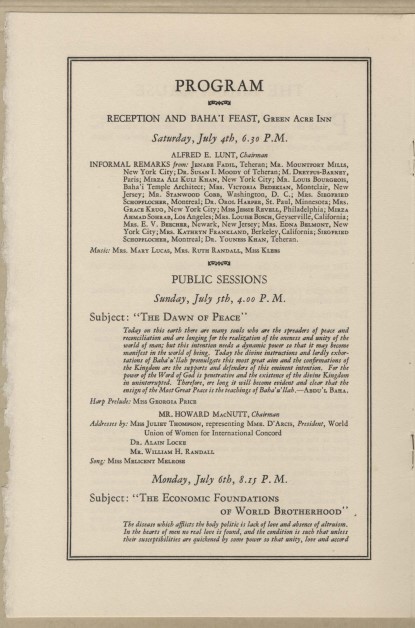


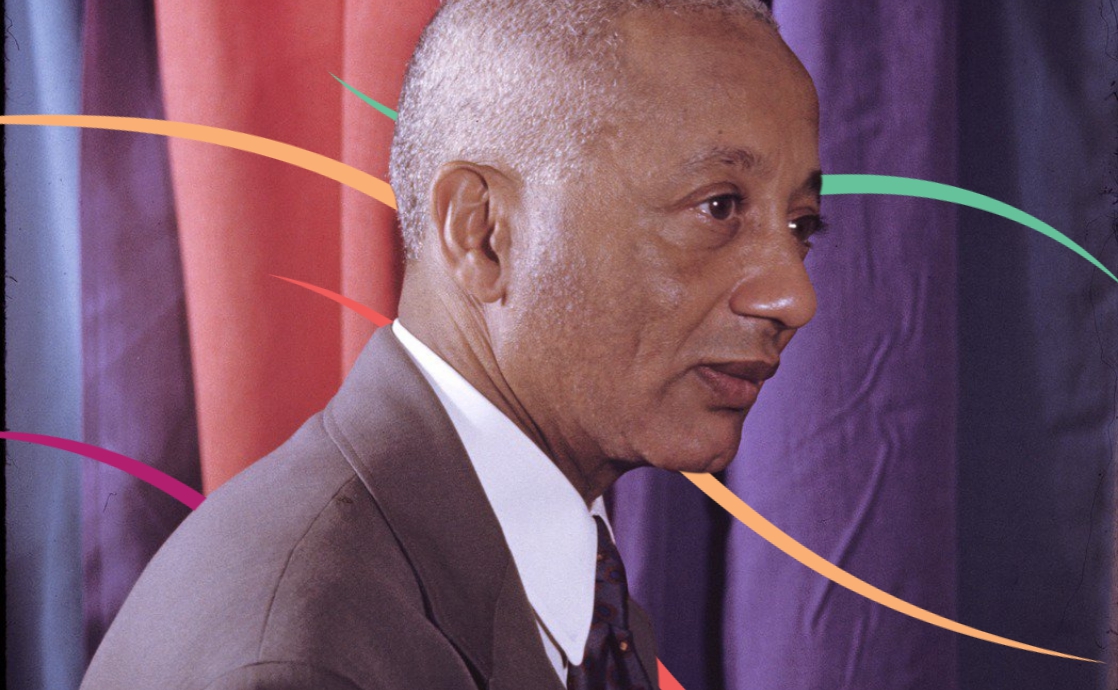


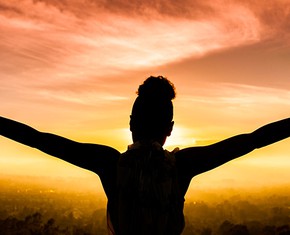
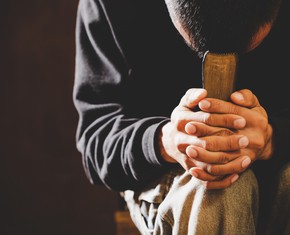
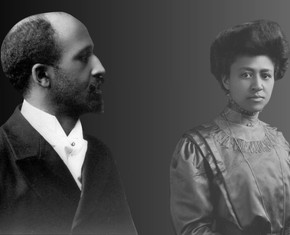









Comments
Sign in or create an account
Continue with Googleor